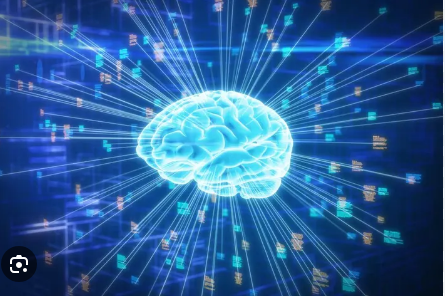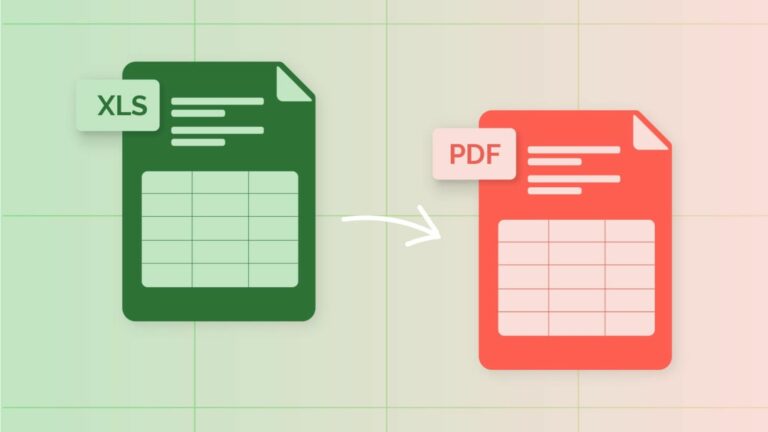AI-Powered PDFs: The Future of Document Intelligence
PDFs have become the standard format for sharing and archiving documents. PDFs are used in a wide range of applications, from education and business to government and healthcare. In this paper, I will discuss the future of PDFs. I will argue that PDFs are poised to become more interactive, engaging, and accessible than ever before. I will also discuss some of the specific technologies that are driving this evolution, such as artificial intelligence. More so, AI could be used to create personalized learning materials that adapt to the user’s individual needs or AI could be used to create interactive simulations that allow users to explore complex concepts in a hands-on way. AI-assisted search and navigation functions are a valuable addition to PDF viewers. They can help users find the information they need more quickly and easily, even in large and complex documents.

Here are some of the benefits of AI-assisted search and navigation in PDF viewers:
- More accurate search results. AI can understand the context of a search query and present the most relevant results, even if they are expressed in different ways. This can help users find the information they need more quickly and easily, even in large and complex documents.
- More intelligent navigation. AI can help users to navigate through documents more efficiently. For example, it can suggest related sections of the document that the user may be interested in, or it can help the user find specific information, such as a table of contents or a glossary.
- More accessible documents. AI can help to make documents more accessible to people with disabilities. For example, it can be used to read aloud documents to blind users or to translate documents into different languages.
- Understanding the context of a search query. AI can understand the context of a search query and present the most relevant results, even if they are expressed in different ways. For example, if a user searches for “the meaning of life,” AI can understand that the user is interested in philosophical or religious texts, and can present results accordingly.
- Matching synonyms and related terms. AI can match synonyms and related terms, which can help users find the information they need even if they don’t know the exact terms to use. For example, if a user searches for “car,” AI can also present results for “automobile,” “vehicle,” and “transportation.”
- Suggesting related content. AI can suggest related content to users, which can help them discover new information that they may be interested in. For example, if a user is reading a PDF about the history of the United States, AI can suggest related documents about the American Revolution, the Civil War, and other important events in US history.
Potential of AI
Furthermore, AI can be used to make PDFs more accessible to people with disabilities. For example, AI could be used to create PDFs that can be read aloud to blind users, or PDFs that can be translated into different languages.
Some cutting-edge technologies:
- Virtual Reality (VR) PDF Interaction
- Cloud-Based PDF Viewers
- Voice Commands And Accessibility
- Augmented Reality (AR) Integration
- Collaboration And Real-Time Editing
Conclusion
Overall, AI-assisted search and navigation are a valuable addition to PDF viewers. They can help users find the information they need more quickly and easily, even in large and complex documents. They can also help to make documents more accessible to people with disabilities. The future of PDF interaction is very bright. AR, AI, and VR are all rapidly developing technologies with the potential to revolutionize the way we engage with PDFs.






